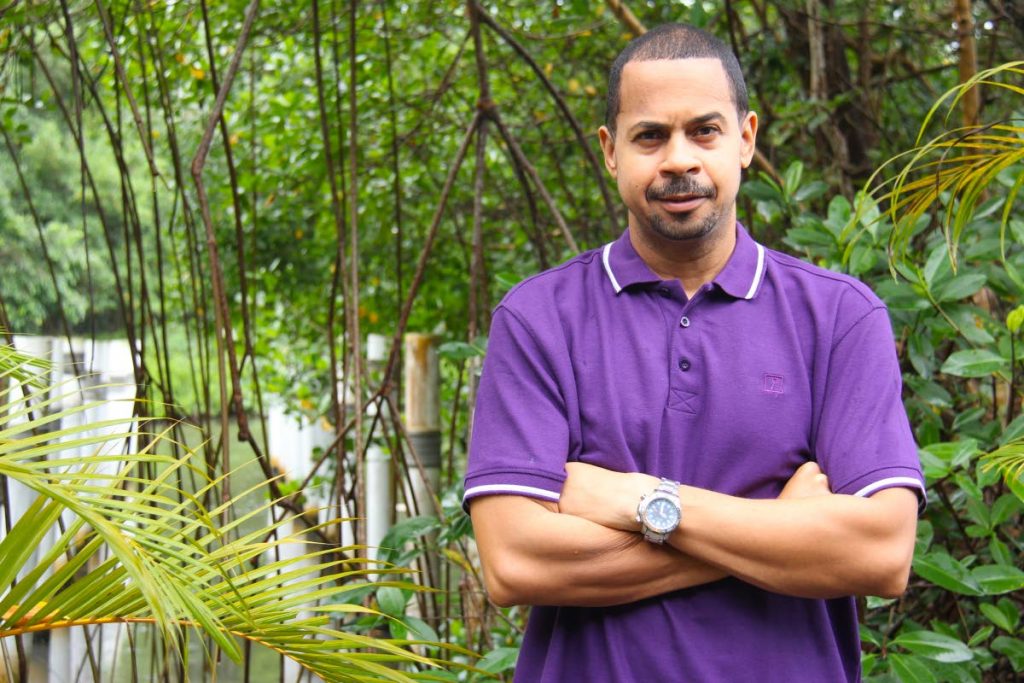A parallel pandemic

THERE IS a concurrent menace at our throats, even though many of us may not be conscious of its presence and effects. We're faced with cerebral attrition inflicted by the pandemic – a slow-acting but consistent force eroding the fragile structures of mental equilibrium. The psychological costs of this unrelenting siege are mounting.
Few of us will have endured such a long-lasting pall of doom, stress and anxiety. Perhaps only those with memories sufficiently intact to replay torments of World War Two have a comparable experience.
Every time we step outside a virus wants to kill us. When we return home covid19, possibly having hitched a ride, wants to kill the ones we love.
The pandemic has ravaged the economy – a vicious scythe sweeping through thousands of jobs. Even more among us are desperately treading water, not knowing how ends will be made to meet. The only aspect of our lives not locked in the amber of uncertainty is debt and financial obligation. Bank payments, bills, rent – the only people exempt from honouring these commitments are those who've already paid with their lives.
We've been imprisoned in our homes and minds in one form or another for 15 months. Stress and anxiety can trigger feelings of fear, anger, depression, frustration, and powerlessness. This can cause sleeplessness which in turn can undermine our ability to concentrate or to make decisions – although, in some, it seems this is a pre-existing condition.
Apart from the impact on adults, there are younglings to consider. I don't know anything about children or how they're operated. Surely, though, the pandemic and associated restrictions will have effects on younger minds less able to make sense of a world gone mad – madder.
Online schooling presents challenges for many children, some of whom struggle to sustain motivation and find themselves falling behind.
Then there's the social interaction that's so important to development in the youth. Some people (mostly me) might assume that today's children have evolved to sustain their bodies mostly on food, water and digital stimuli – they have no need for sunlight or muscles that keep human bodies upright. Connect them to a smartphone and you won't hear from them for hours. The science on that supposition is sketchy, though.
Some studies show that children find themselves more stressed out about falling behind. They have difficulty connecting with the material in an online setting and grapple with diminishing discipline and listlessness. When I say studies I refer to international publications. On these islands, we have scant respect for the utility of data in shaping policy or perspectives.
It hasn't been easy for teachers either. My sister who is an educator adapted fairly readily to the online schooling format. It seems now, though, that her workload is doubled. Since the advent of digital classes, she has had to work seven days a week for at least a part of each day. This is surely taking a toll on her and many others of her ilk.
Stress, of course, also has physical manifestations that can severely compromise our health over the long term. In people with chronic illness, including mental health problems, stress can worsen their condition.
The psychological impacts of the pandemic are being felt everywhere. In TT our circumstances are, perhaps, more acute because mental health is a taboo subject. People would probably be less scandalised if you told them you were seeing an obeah man as opposed to a psychiatrist.
This is a largely conservative, macho society in which “feelings” usually mean you are either likin’ someone or you not on dem. We are not equipped to think deeper than that. A culture of mental health care doesn't really exist. Perhaps it's one of the reasons this country has an almost perverse affinity for liming and feteing.
Apart from the taboo nature of mental health, access to support services is also woefully limited. Professional mental health care is expensive and beyond the reach of ordinary schmoes. Consequently, many are left to cope on their own leaning on conventional, affordable treatments like alcohol and drug abuse.
As a society, we aren't paying any attention to the psychological toll of the pandemic. Indeed, we aren't able to hold our own against the virus itself. What hope then do we have for putting up a resistance to a parallel pandemic? Although declining mental health may not kill us as quickly as covid19, it can kill us just as surely.

Comments
"A parallel pandemic"